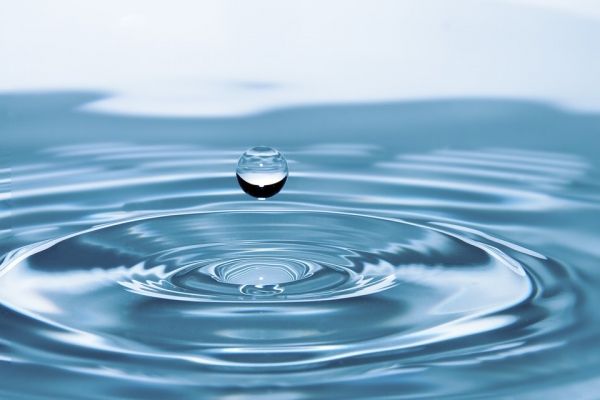The 20th and 21st centuries have seen an explosion in the use of synthetic chemicals worldwide, including pesticides, medications and household cleaners — many of which end up in our waterways. Even in small amounts these substances can affect wildlife, plants and humans, and a number of them have shown resistance to normal water treatment methods, leaving them to build up in the environment unchecked.
In a study published this week in the journal ACS Catalysis, researchers at Carnegie Mellon University's Institute for Green Science (IGS) blazed the trail for a new field of sustainable chemistry by unveiling powerful, safe and inexpensive oxidation catalysts inspired by the biological processes within us that break down even the most stubborn micropollutants.
"It's maybe the most important paper that we've produced in 20 years," said Teresa Heinz Professor in Green Chemistry Terrence J. Collins, who directs the IGS.
Collins, who has been concerned with the harmful biological effects of synthetic chemicals since his days as an undergraduate student in New Zealand, has spent the last four decades working to develop methods to remove these chemicals from water using the process of oxidation, a process familiar to the human body.
Read more at Carnegie Mellon University
Photo credit: ronymichaud via Pixabay


